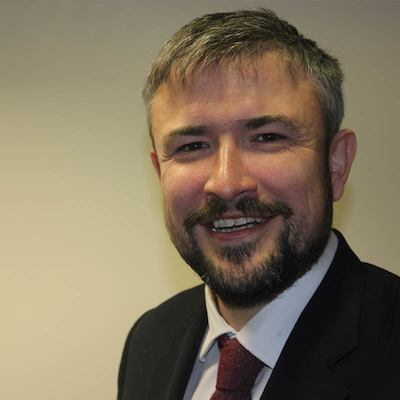But we also need to encourage new kinds of organisations to enter the local ‘market’ – those rooted in their communities and dedicated to keeping people connected, happy and independent. At SCIE – along with our colleagues Think Local Act Personal and Shared Lives Plus – we have called for investment in community-led innovations, those with proven track records in prevention, but which are not adequately invested in through traditional forms of funding and commissioning. We’ve set out some ideas about how we could achieve this on our Social Care Innovation Network site.
Finally, we need a different approach nationally. We need to avoid making blanket calls for more money to ‘fix social care’ (although we do need much more money!). Instead we need to ask that any more money is used for lasting radical change, based on a positive vision for social care; like this from the Local Government Association:
“Any additional funding that is made available to social care, whether in the short- or medium-term, should not simply be used for ‘more of the same’ and the pre-COVID-19 status quo. Rather, it should be used to help us move to a more person-centred and preventative model of social care that is rooted in supporting people’s wellbeing in line with the Care Act and building resilience in our local public services and communities.”
So prevention, as the mantra goes, is far, far better than the cure. But making it happen requires bravery and a new approach.
SCIE: Prevention and wellbeing resources
https://www.scie.org.uk/prevention
Ewan King is a panellist at our Healthy Ageing webinar: Preventing the preventable, on Thursday 25 February 2021. Find out more about the event

